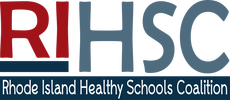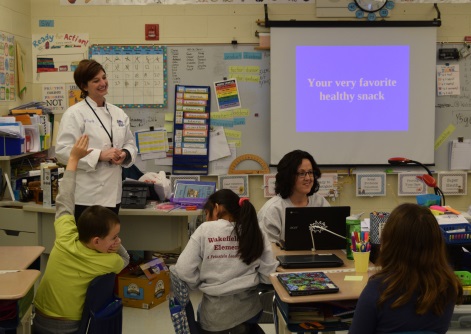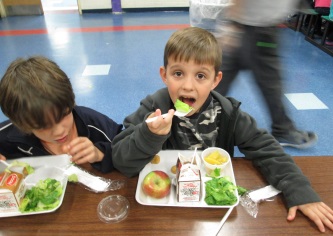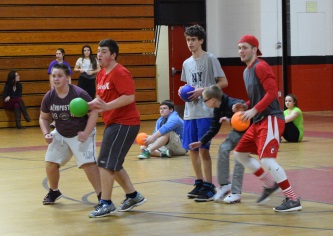monitor, Assess, Document & report
Monitor & Assess
The following tools can be used to assist with the requirement for monitoring and assessing the implementation of local wellness policies.
For a short video tutorial on using the two Checklists below, click here.
Example of a monitoring document:
Document & Report
School districts must document evidence of policy communication, implementation monitoring, and assessment for the USDA School Meals Administrative Review done by RIDE Child Nutrition Program staff every three years.
District staff should reference the RIDE Review Checklist for Wellness Policies when preparing for a USDA Administrative Review, as it details the exact items RIDE evaluates with regard to local wellness policies.
Public reporting on compliance with the wellness policy is required at least once every three years. This is a new requirement from the final rule under the Healthy, Hunger-Free Kids Act of 2010. It is designed to increase awareness of school wellness policies and provide greater transparency of implementation and compliance in schools.
Reporting can be done in a variety of ways, from posting on the district website, school webpages, and presentation at a school committee meeting or other public forum.
Examples of reporting documents:
The following tools can be used to assist with the requirement for monitoring and assessing the implementation of local wellness policies.
For a short video tutorial on using the two Checklists below, click here.
- Wellness Policy Implementation Checklist (Single School) developed by RI Healthy Schools Coalition to include references to all federal and RI laws/regulations
- Wellness Policy Implementation Checklist (District Summary) developed by RI Healthy Schools Coalition as a companion to the Wellness Policy Implementation Checklist (Single School) to be used to summarize school data from across the district
- WellSAT-I developed by UConn Rudd Center for Food Policy & Obesity
Example of a monitoring document:
Document & Report
School districts must document evidence of policy communication, implementation monitoring, and assessment for the USDA School Meals Administrative Review done by RIDE Child Nutrition Program staff every three years.
District staff should reference the RIDE Review Checklist for Wellness Policies when preparing for a USDA Administrative Review, as it details the exact items RIDE evaluates with regard to local wellness policies.
Public reporting on compliance with the wellness policy is required at least once every three years. This is a new requirement from the final rule under the Healthy, Hunger-Free Kids Act of 2010. It is designed to increase awareness of school wellness policies and provide greater transparency of implementation and compliance in schools.
Reporting can be done in a variety of ways, from posting on the district website, school webpages, and presentation at a school committee meeting or other public forum.
Examples of reporting documents:
- Wellness Action Plan for Schools developed by RI Healthy Schools Coalition to detail school wellness goals and initiatives
- Triennial Assessment Summary & Sharing Templates developed by UConn Rudd Center for Food Policy & Obesity
- Lincoln Health and Wellness Report 2023
- Westerly District School Wellness Report
- North Smithfield Annual Report to School Committee
- South Kingstown Wellness Committee Annual Report



